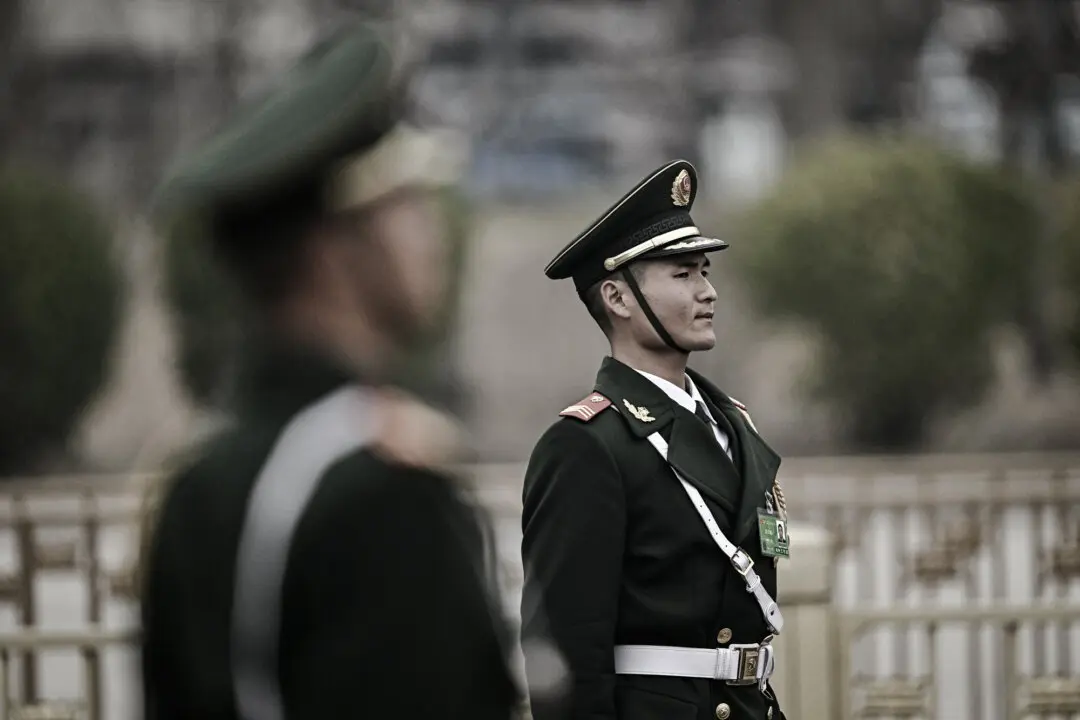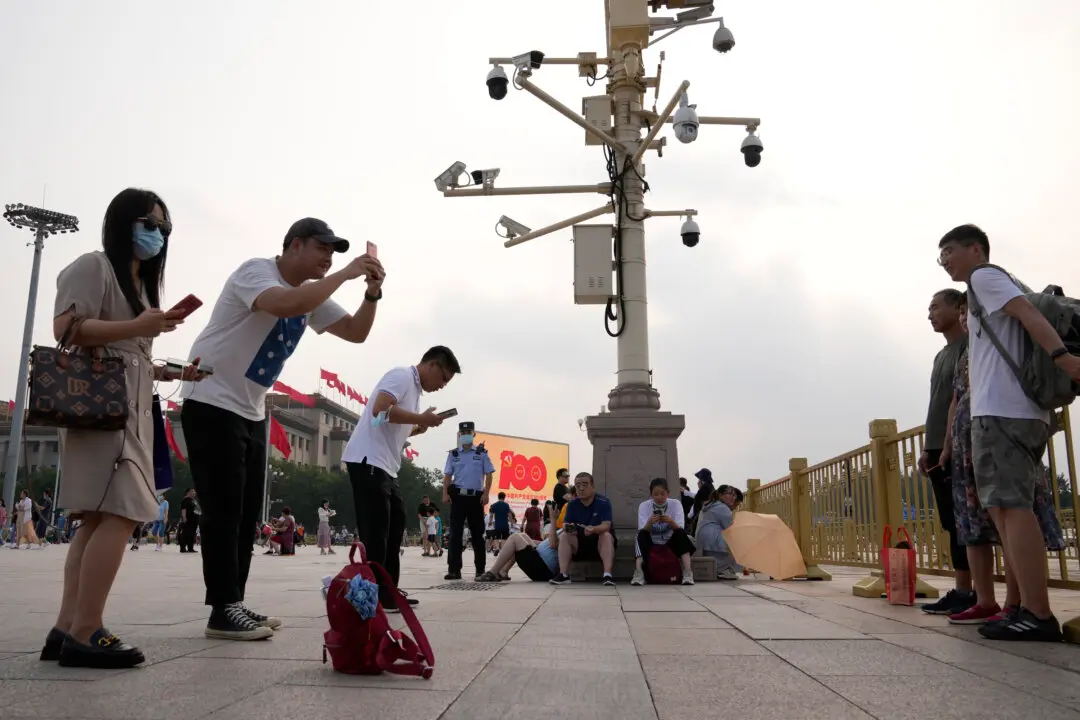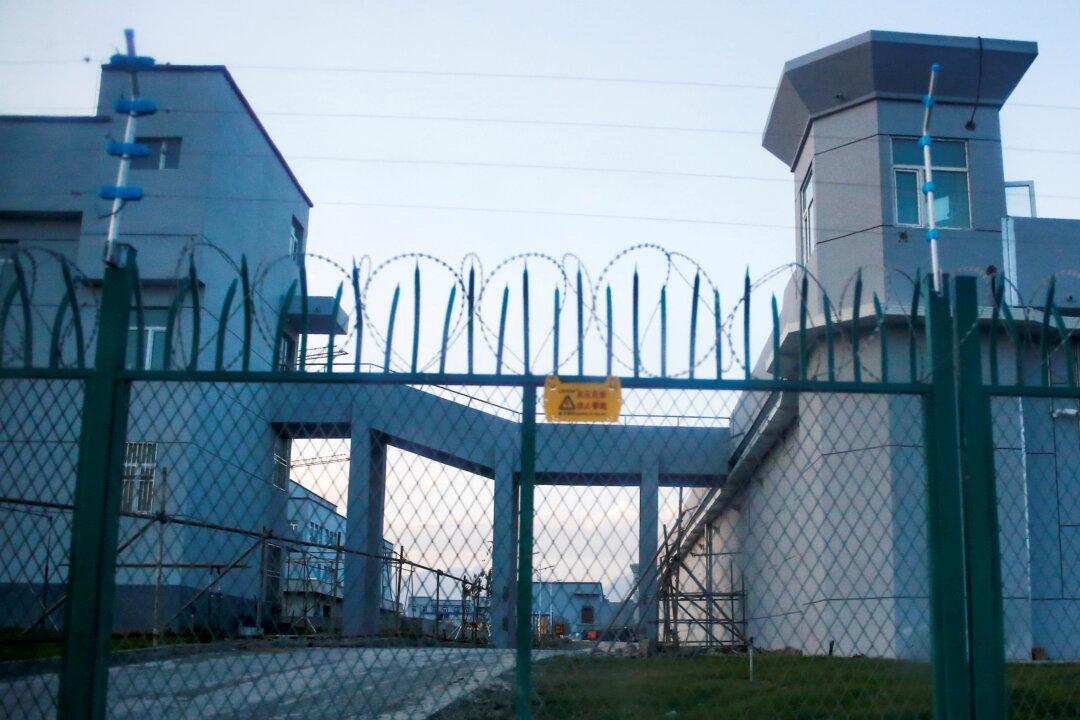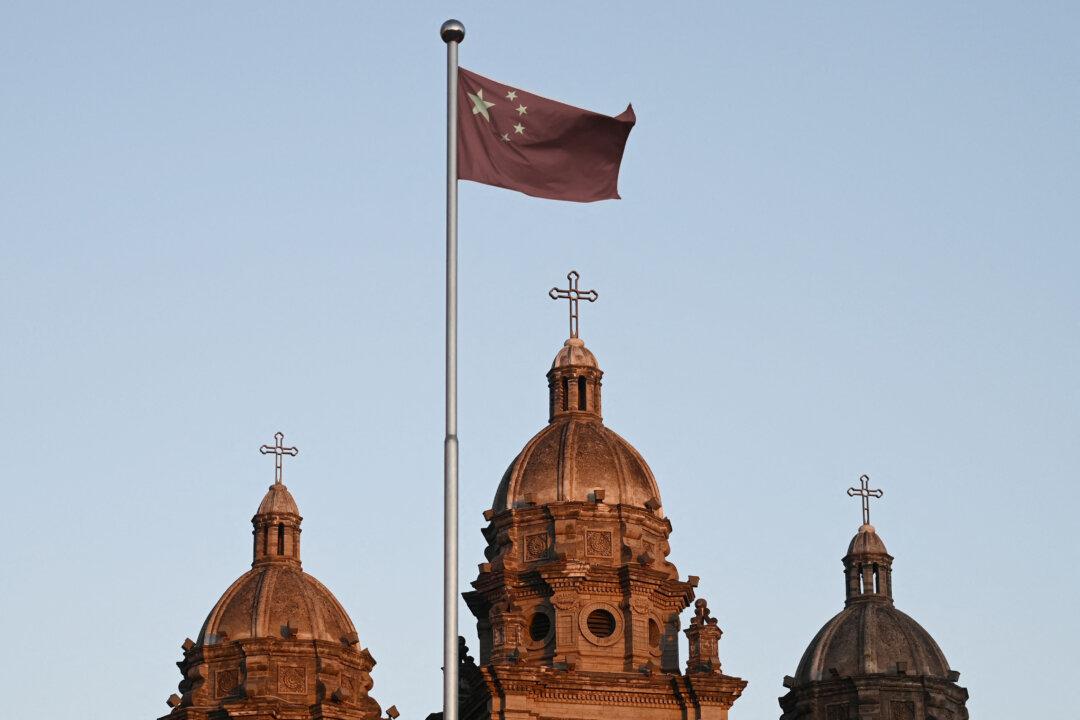Commentary
Normally, when countries seek each other’s assistance on criminal matters, they first seek to establish a bilateral agreement on information exchange. Then, once this is achieved, they identify agencies of like-minded mandates to collaborate with each other. This is how mature nations conduct business among themselves.





